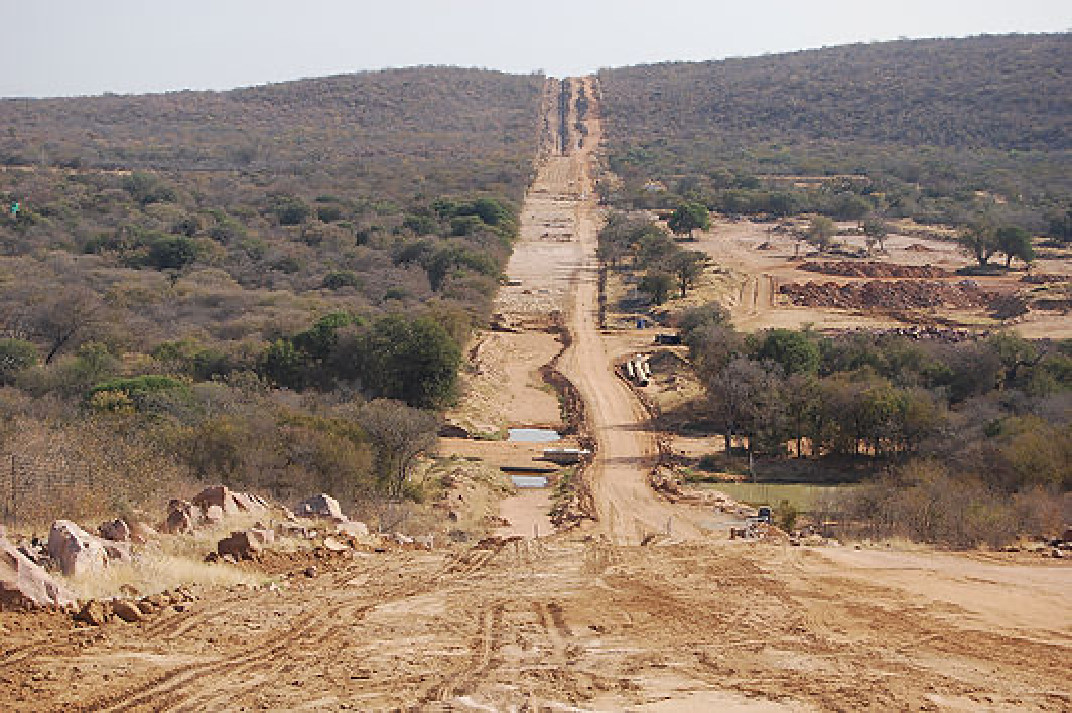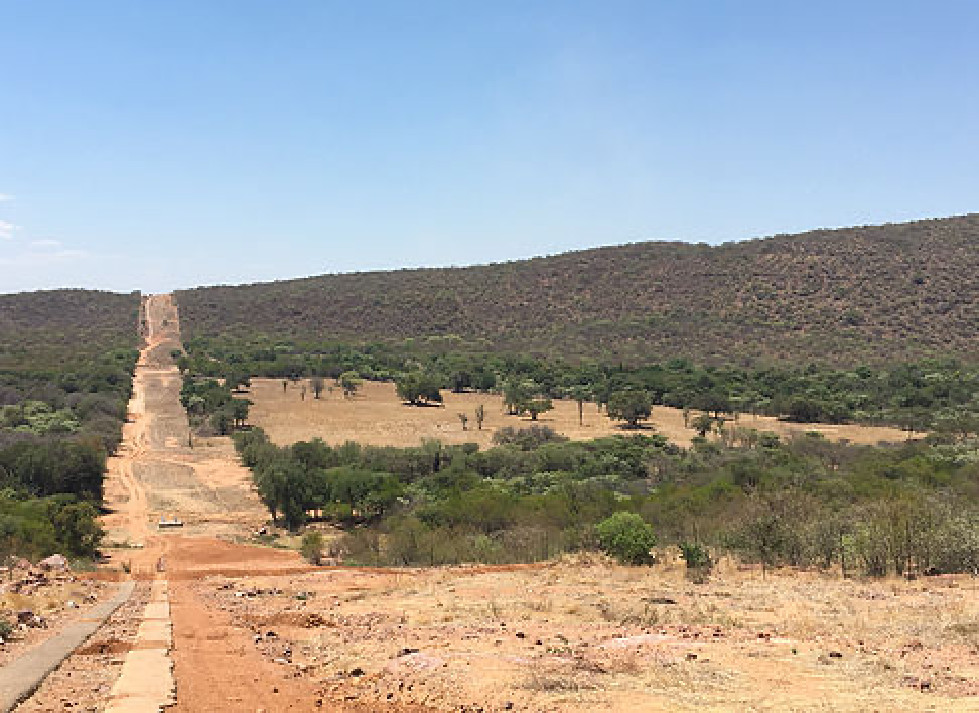Resource Management
TCTA recognises the diversity of resources under its direct or indirect control. In managing, resources use the consumption of key/ indicator resources are monitored and managed towards improved utility and reduced waste.
Resource transformation impacts are acknowledged and their avoidance and mitigation are prioritised to limit the long-term negative impacts on land, land use potential, water bodies and the social and ecological systems which they support. This is achieved through interdisciplinary collaboration, responsible management of development footprints, limitation of the intensity and duration of disturbance and the implementation of fit for purpose rehabilitation.


Waste:
Implementation of responsible waste management that promotes the prevention, reduction, reuse, and recycling of waste whilst assuring the responsible disposal of remaining waste at fit for purpose disposal facilities in line with legislated requirements.

Pollution Prevention:
Pollution prevention is prioritised. Where it cannot be prevented, pollution is controlled to ensure no material adverse impacts on the receiving environment (soil, water or air) and its functionality.
